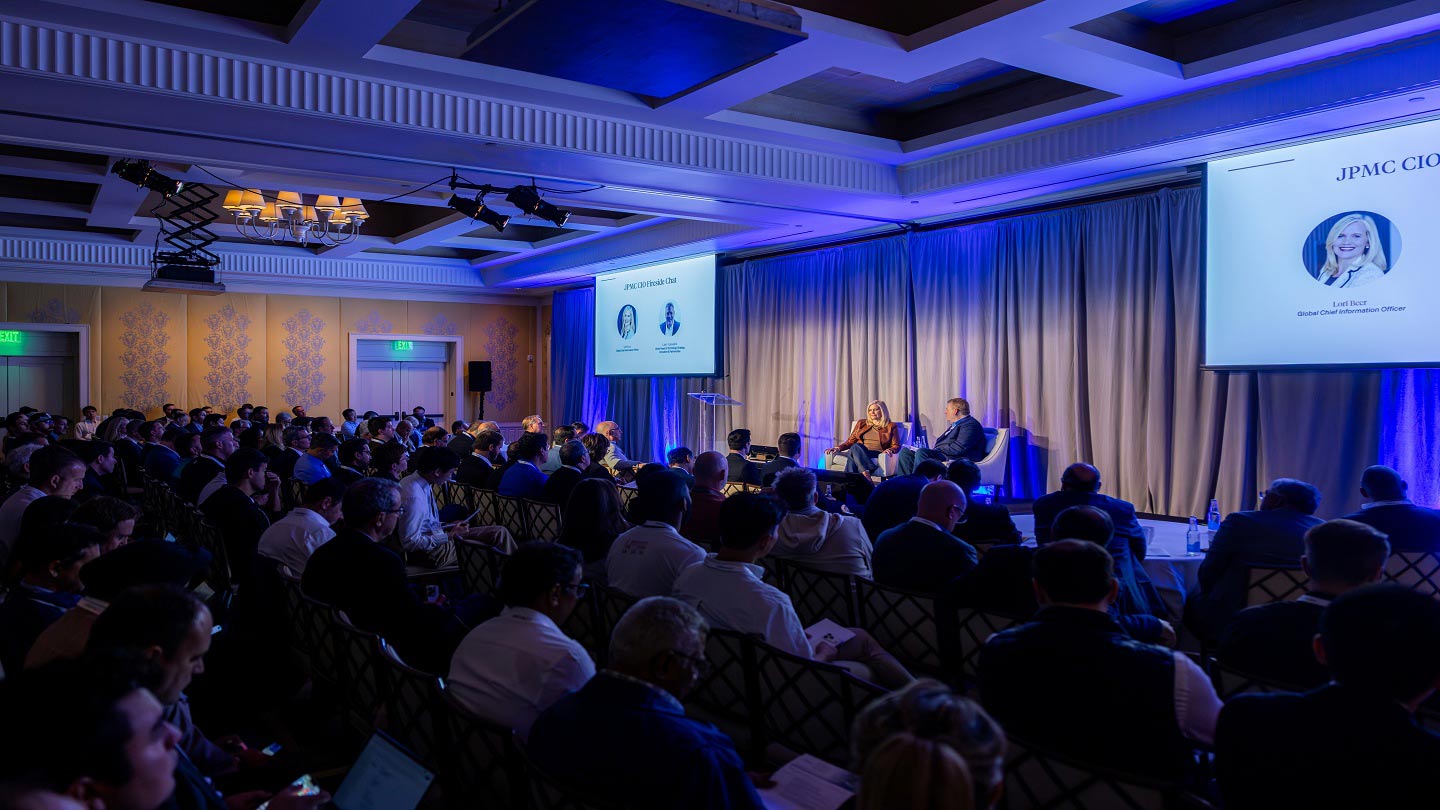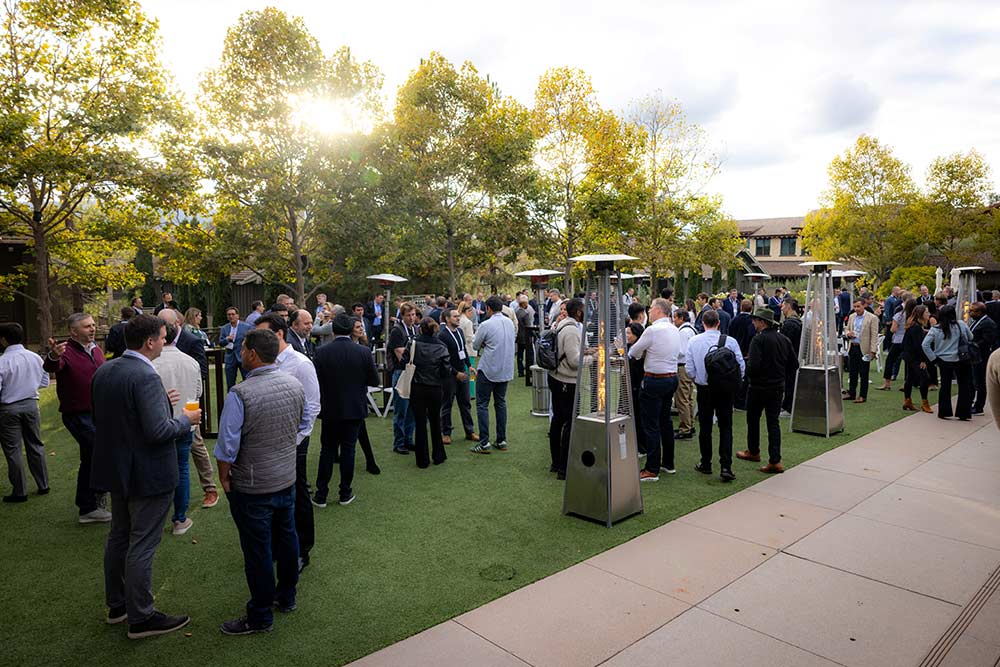The JPMorganChase Global Technology Leadership Team held its annual West Coast Tech Week Trip to engage with the technology ecosystem and innovators across Silicon Valley. Throughout Tech Week, JPMorganChase’s Global Technology leadership team met with emerging technology companies and strategic partners to explore their latest capabilities, planned product roadmaps and key industry trends that will help shape the future of technology at JPMorganChase. “Tech Week is one part of our commitment to staying at the forefront of innovation,” Larry Feinsmith, Head of Global Technology, Strategy Innovation and Partnerships, said.
“The insights we gain through Tech Week are instrumental in shaping our strategic priorities and direction, enabling us to drive positive impact for our customers, clients and employees.”
Here are some of our leaders’ takeaways from the week, highlighting learnings and trends across the landscape:
- Advancements in agentic development, generative AI and data management are driving demand for flexible, interoperable and efficient platforms.
The emergence of diverse agent development kits and workflow-centric platforms is driving a shift toward flexible, interoperable solutions that can adapt to evolving needs. To maximize agentic outcomes, organizations are integrating advanced capabilities such as memory, knowledge graphs and skills, while embracing open standards to enhance performance and strengthen security controls. At the same time, new entrants in data processing are enabling faster and more efficient operations, though entitlement interoperability remains a challenge—highlighting the ongoing need for seamless, cost-effective data management across platforms.
- A unified approach to infrastructure, developer tools and process optimization are helpful for accelerating innovation and operational efficiency.
Diversified infrastructure strategies are essential for scalable and efficient AI operations and will support use cases that leverage advanced engineering tools that empower collaborative, multi-team development across both synchronous and asynchronous workflows. End-to-end optimization of the software development lifecycle, enabled by continuous feedback loops and seamless data sharing, enhances operational processes and accelerates CI/CD pipelines, ultimately supporting rapid and reliable application delivery.
- A proactive and adaptive security strategy is essential in evolving agentic ecosystems.
Organizations must develop strong, interoperable identity and access management (IAM) patterns for agents, keeping pace with rapid changes in the agentic landscape. As threat vectors for AI agents evolve, integrating comprehensive security measures—both preventive and responsive—across platforms is critical. Additionally, harnessing AI’s capabilities to simulate threat actor tactics and automate threat detection and triage enhances security testing and enables timely, informed responses to emerging risks.
- Innovation is transforming user interactions.
When implemented securely, integrations of AI-enabled personal assistants and real-time web indexing into agentic browsers are supporting research and helping information become more accessible. Companies predict a decline in traditional AI chat volumes, as user interactions are expected to shift more prominently to voice-based experiences.





